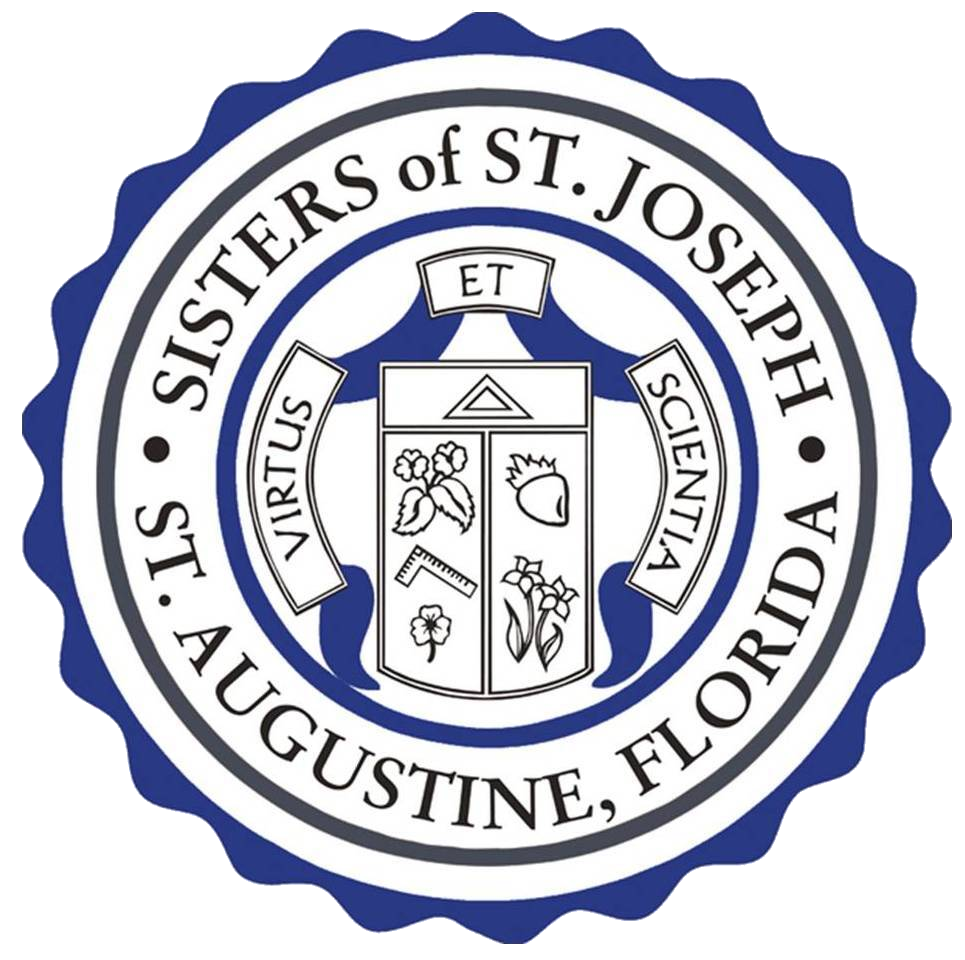Season of Creation Calls Christians to Reflect on Our Common Home
A tree is the symbol for Season of Creation
If you have not heard about the Season of Creation, do not feel bad. The Catholic Church did not officially join in until 2015, the same year that Pope Francis released his papal encyclical, Laudato Si, on Care for Our Common Home. It was in 1989 that Ecumenical Patriarch Dimitrios I proclaimed September 1 as a day of prayer for the Orthodox. The Orthodox church year starts on that day with a commemoration of how God created the world.
The World Council of Churches was instrumental in making the special time a season, extending the celebration from September 1 until October 4, the feast of St. Francis of Assisi, the patron saint of ecology beloved by many Christian denominations. Throughout the month-long celebration, the world’s 2.2 billion Christians come together to care for the earth, our common home.
With a worldwide pandemic this year, most local events are virtual, on-line gatherings. In St. Augustine, the Laudato Si ministry of the Cathedral-Basilica has partnered with the Diocese of St. Augustine and is sponsoring a three-session Scripture Zoom webinar on Creation in the Old Testament taught by Jack Daniels, from Flagler College, and a Zoom lecture by Timothy Johnson, from Flagler College, on the evening of Oct. 4th, on the topic of St. Francis and Creation. Elyse Brady of the Laudato Si ministry is leading a couple of Pilgrimages for the Planet walks from St. Benedict Church to the Mission of Nombre de Dios.
In The Great Work: Our Way into the Future by Thomas Berry, published in 1999, the author, a Catholic priest and cultural historian, said “The Great Work now, as we move into a new millennium, is to carry out the transition from a period of human devastation of the Earth to a period when humans would be present to the planet in a mutually beneficial manner.” He adds, “In recent centuries, under the leadership of the Western world, largely with the resources, psychic energy, and inventiveness of the North American peoples, an industrial civilization has come into being with the power to plunder the Earth in its deepest foundations, with awesome impact on its geological structures, its chemical constitution, and its living forms throughout the wide expanses of the land and the far reaches of the sea.” (Berry, p. 3)
Pope Francis wrote in Laudato Si the following, “Doomsday predictions can no longer be met with irony or disdain. We may well be leaving to coming generations debris, desolation and filth. The pace of consumption, waste and environmental change has so stretched the planet’s capacity that our contemporary lifestyle, unsustainable as it is, can only precipitate catastrophes, such as those which even now periodically occur in different areas of the world.” (LS, #161)
Flocks of coastal birds at retention pond in St. Augustine, Florida.
This Season of Creation may be a good time to reflect on the effects of our throwaway materialistic culture on future generations and, ultimately, on the ability of our Common Home to sustain life. As Sisters of St. Joseph, and as Catholic Christians, we are challenged to hear and try to respond to the cry of the Earth and the cry of the poor.



